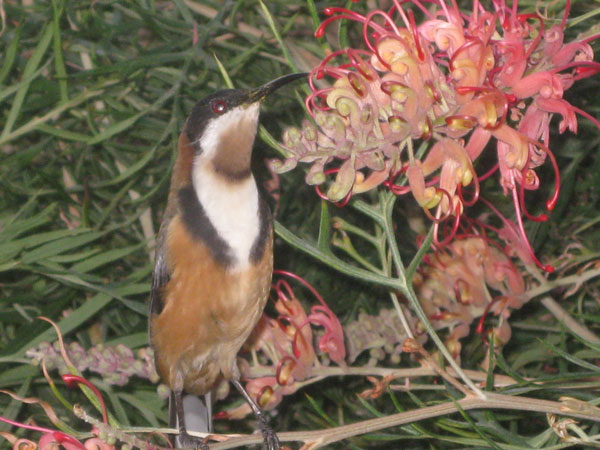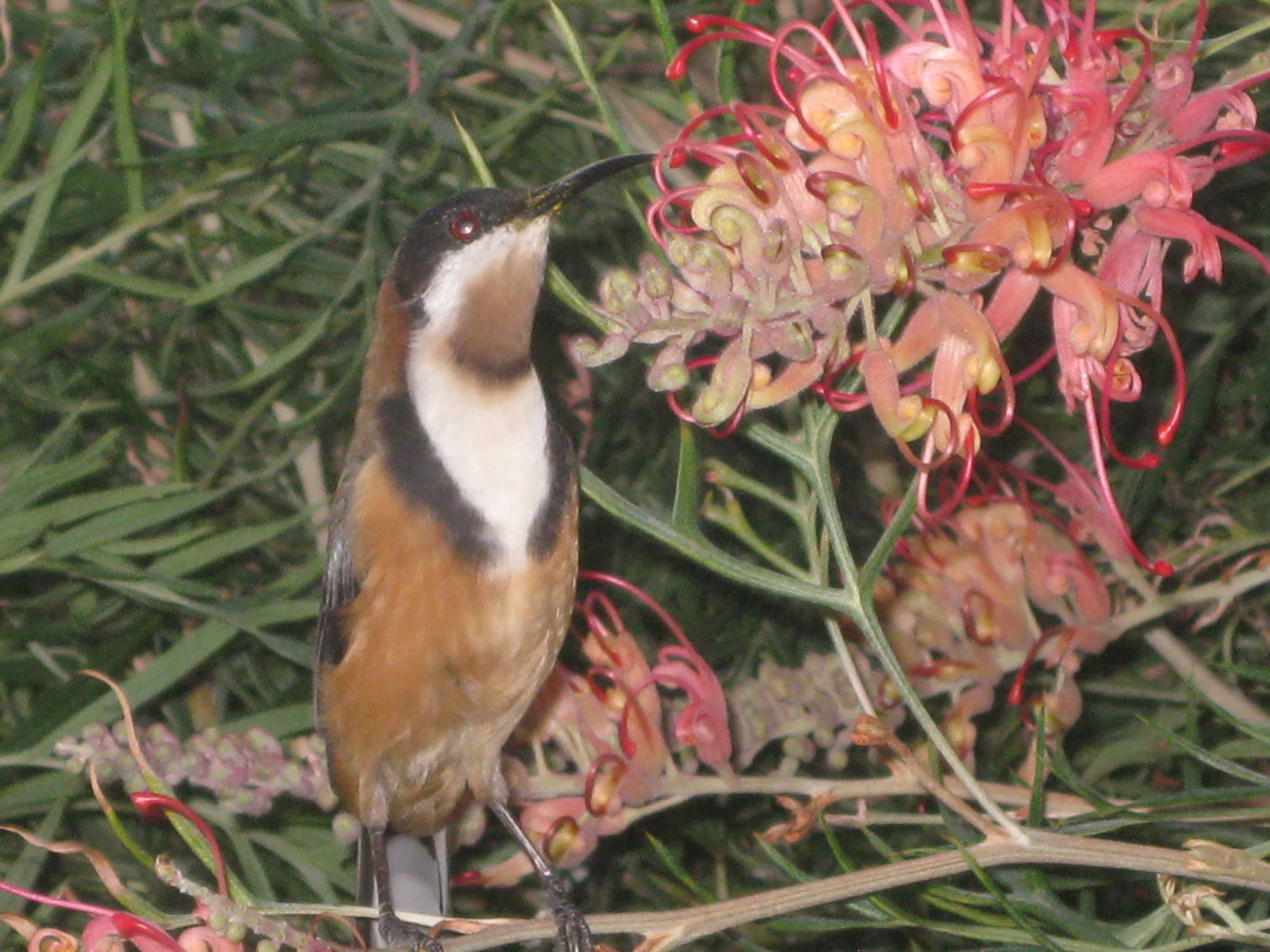By Alan Hewett
We have all seen the delight of children feeding bread to ducks! How many of us have thrown chips to seagulls at the beach and watched the feeding frenzy that follows? What about the bird feeders in our gardens, when the birds become trusting enough to be able to hand feed? All these activities bring us pleasure, and surely we are helping them survive?
Well, not really. The diets of native birds mainly consist of insects, nectar, seeds and fruit. But the wrong sorts of food can alter that balance and cause serious health problems, as well as increasing aggression and stress.
At campsites and picnic areas feeding birds can cause certain species to dominate, affecting the balance of the bird population, resulting in loss of nesting hollows and roosting spots. Attracting large flocks can spread disease. Larger birds will also predate on the eggs and young of smaller breeds.
Feeding bread to ducks and other waterfowl makes them reliable on human intervention and discourages foraging for more natural food such as worms. Uneaten bread can attract vermin and become mouldy, making ducks ill. Bread is not found anywhere in nature and is unsuitable for any bird.
Feeding meat such as mince to magpies or kookaburras can draw calcium and phosphorus from their bones causing deformed legs. Like humans, birds can become overweight and there is significant fat in processed food which builds cholesterol levels. If there are too many sunflower seeds in bird feeders they can cause fat deposits to build up around bird’s livers. And never feed pelicans anything but fish!
Growing a variety of native plants in gardens is a far better method of feeding birds. Nectar rich shrubs and fruits will not only attract birds but will provide habitat and protection and will encourage nest building. And keep in in mind how important it is to provide a plentiful supply of water in times of drought.
Besides birds, it is equally important not to feed our mammals unsuitable food. Kangaroos eat a very narrow diet solely of native grasses. They simply cannot digest processed food and can develop ‘lumpy jaw,’ a dental disease that can cause death. So please resist the temptation to feed our wildlife.


